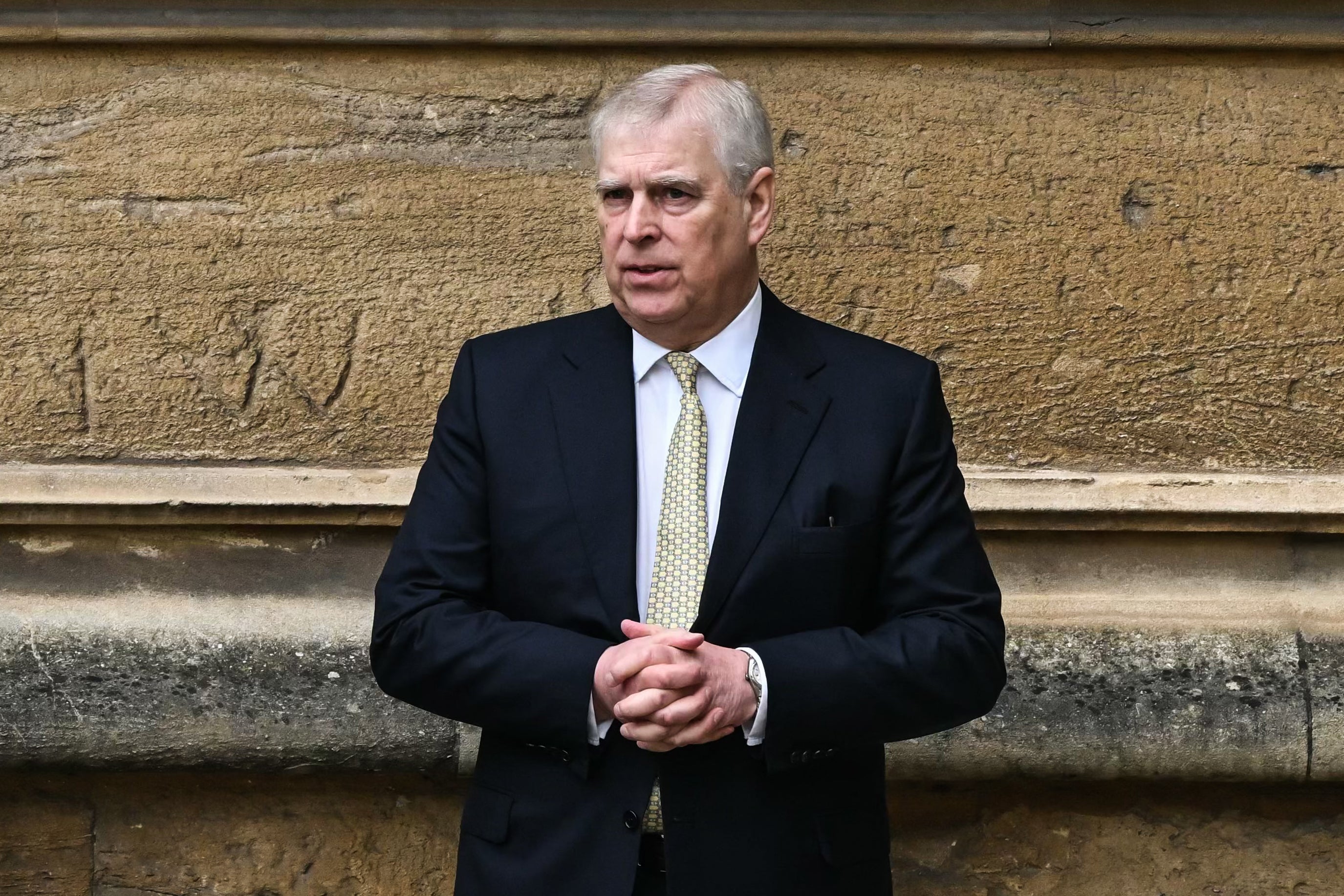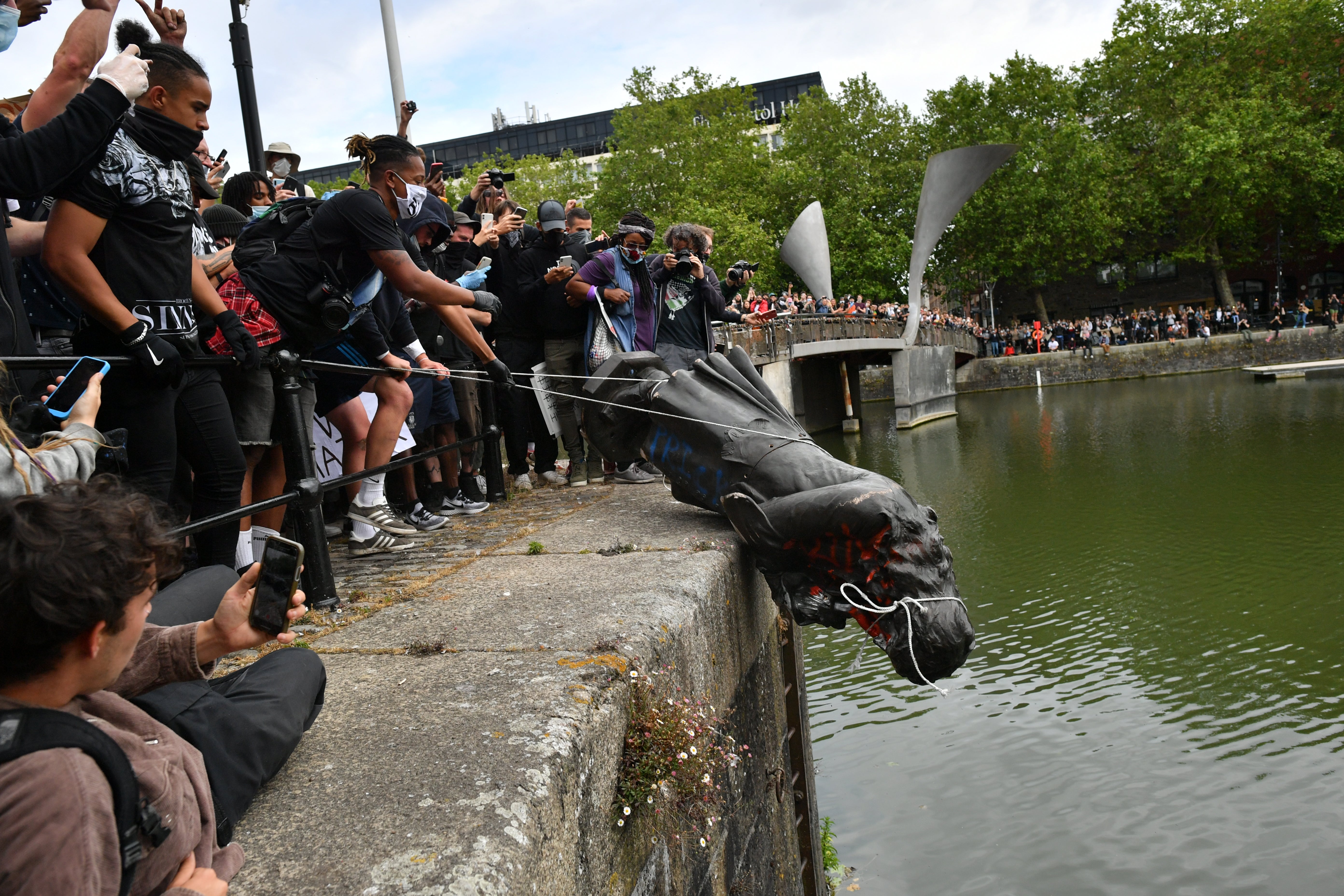
Support truly
independent journalism
Our mission is to deliver unbiased, fact-based reporting that holds power to account and exposes the truth.
Whether $5 or $50, every contribution counts.
Support us to deliver journalism without an agenda.

Louise Thomas
Editor
When the recent allegations came out about Strictly Come Dancing, I barely raised an eyebrow. The much-loved show, a symbol of Britishness on a par with scones, Paddington Bear and the royal family, had previously enjoyed a relatively scandal-free reputation (well, aside from all the celebs getting off with their dance partners). Now, its clean streak was over, tainted by accusations of bullying and abusive behaviour by previous participants; the BBC was forced to apologise and expel two professional dancers from the cast.
My lack of reaction stemmed from the fact that we seem to have reached a point in our national culture where everything that once put the “Great” in “Great Britain” has been sullied in one way or another, reduced to a predictably disappointing slurry.
It’s why I was similarly unsurprised to see that, across every metric measured, Britons’ pride in our country has gone down since 2013, according to a new National Centre for Social Research (NatCen) report.
When asked whether they were “very proud” of Britain for a number of criteria, the 1,600 respondents from England, Scotland and Wales answered in the affirmative thus: 64 per cent for its history, down from 86 per cent a decade ago; 53 down from 69 per cent for the way democracy works; 44 down from 57 per cent for our economic achievements; 48 down from 59 per cent for Britain’s political influence; and 77 down from 84 per cent for its achievements in sport. The highest amount of and lowest decrease in pride was reserved for the realm of art and literature: 79 down from 80 per cent in 2013.
When one considers the events of the past 10 years, the real surprise is that the decline wasn’t greater. We have, after all, been pummelled from every conceivable direction. Brexit stripped us of our political influence on the world stage, tanked the economy and ensured we’d have to wait ages at the airport in non-EU queues. Our Tory government during the Covid pandemic will be forever remembered for both their cronyism – handing out lucrative PPE contracts to inexperienced mates – and gleeful breaking of their own lockdown rules with numerous parties (not to mention Dominic “I drove to Barnard Castle to test my eyesight” Cummings).
Boris Johnson presided over scandal after scandal; Rishi Sunak ruined Adidas Sambas for everyone else on a whim. And good old Liz Truss, with a prime ministerial shelf-life briefer than that of a head of lettuce, further enhanced our international laughing-stock status and sent mortgage rates soaring as a farewell gift.
A rise in far-right rhetoric saw Nigel Farage’s smug face plastered across our screens just when we finally thought we’d seen the back of him, led to disastrous policies such as trying to fly all our asylum seekers to Rwanda, and gave birth to Reform UK to pick up where Ukip left off.

Then there’s the monarchy, traditionally one of Britain’s most bankable patriotism-fuellers, which has had one of the most chequered decades in recent memory. The death of universally adored Queen Elizabeth II; sex abuse claims levelled at Prince Andrew; Meghan and Harry brought to breaking point and hounded out of the country; a bitter rift between the princes and subsequent tell-all autobiography; rumours of infidelity; speculation over Kate’s whereabouts followed by the news of both her and the King’s ill health…
Even across media and culture, there were blows dealt at every turn, from Phillip Schofield’s indiscretions and Holly Willoughby’s fall from grace by association, to the devastating revelations that national treasure Huw Edwards had indecent images of children on his phone. Harry Potter went from source of national pride to national shame as JK Rowling steadily bludgeoned her own legacy to death with increasingly transphobic rhetoric. Heck, I still haven’t recovered from the loss of Mel and Sue from the Great British Bake Off – or its move from the BBC to Channel 4 in 2016.
Perhaps the nosedive in Brits’ propensity to brag about our history is a sign of hope
Our beloved but beleaguered NHS is on life support; our public transport system remains simultaneously dazzling inefficient and inordinately expensive. And, in the last few years, the cost of living crisis has festered beneath it all, prompting the shutting down of small businesses, straining the nation’s pockets and making every aspect of life just that bit more grey, drab and difficult. The news that Wilko was shutting down last year was, for me, the final straw.
But the biggest pride plunge has come in relation to Britain’s history. Here, at least, there are some obvious triumphs to hold onto. The Second World War for a start: Churchill’s rousing “we will fight on the beaches” speech; a country united to defend freedom against fascism; victory in the face of abominable evil that would change the course of all our histories. Is it just that we’ve become less interested in this pivotal point nearly 80 years on? Or have we simply become tired of the jingoism referenced in so many films, books and plays – and that’s now almost exclusively used by nostalgic “proud to be British” types who use their so-called patriotism as a flimsy cover for racism?
Perhaps, then, counterintuitively, the nosedive in Brits’ propensity to brag about our history is a sign of hope. It’s been a decade in which the more unsavoury facets of the country’s backstory have taken centre stage. The fact that much of the UK’s power and dominance from the 17th to 19th centuries derived from slave labour and colonialism – and the extent to which Britain plundered its wealth from countless other countries – is finally being acknowledged openly instead of brushed under the carpet.

In 2020, a statue of slave trader Edward Colston in Bristol was toppled, defaced, and pushed into Bristol Harbour during the Black Lives Matter protests. That same year, the National Trust published a report revealing that more than 90 of its properties have connections to slavery and colonialism, shining a light on their warts-and-all reality. “Just to be really clear, we’re not making judgements about the past, what we’re trying to do is reflect as accurately and comprehensively as we can the histories across a variety of places,” John Orna-Ornstein, director of culture and engagement, said at the time.
It’s arguably no bad thing that Brits’ patriotism has reduced when confronted with the sins of the past – and goes hand-in-hand with our growing embrace of diversity. According to the NatCen research, the percentage of people who think it important that someone be born in the UK to be described as “truly British” has plummeted from 74 per cent in 2013 to 55 per cent in 2023. The proportion who think it’s important to have British ancestry to be considered “truly British” has dropped from 51 to 39 per cent.
If racism, prejudice and xenophobia really are on the wane – well, that really is something to be proud of.







